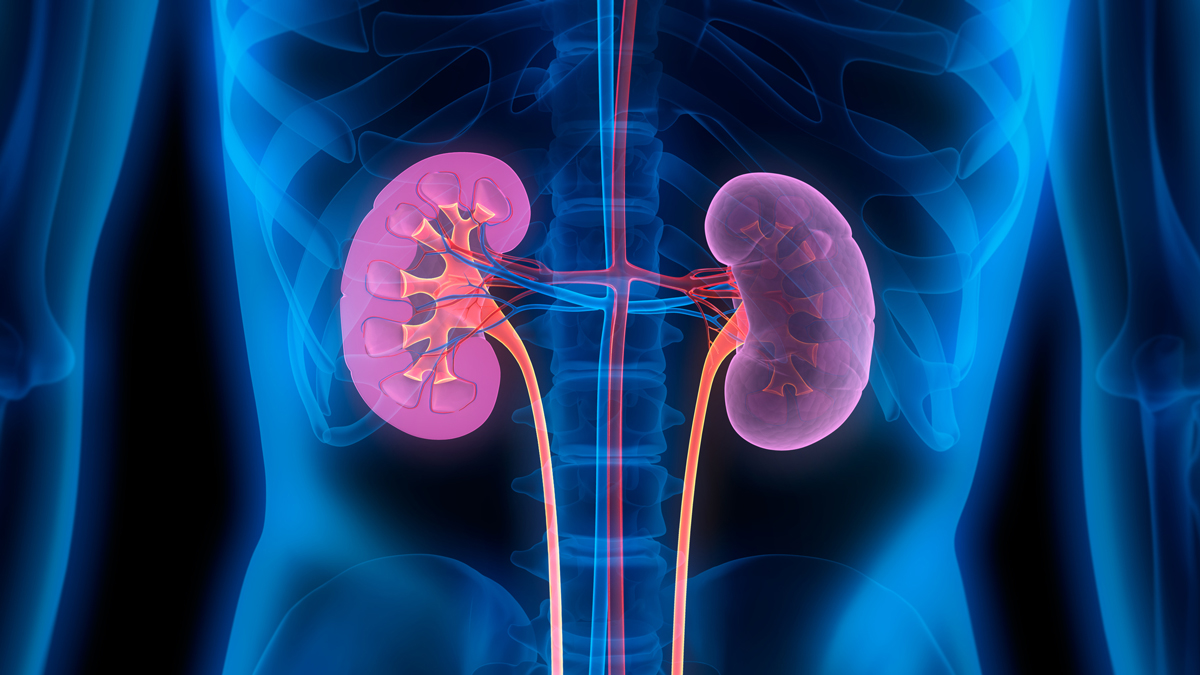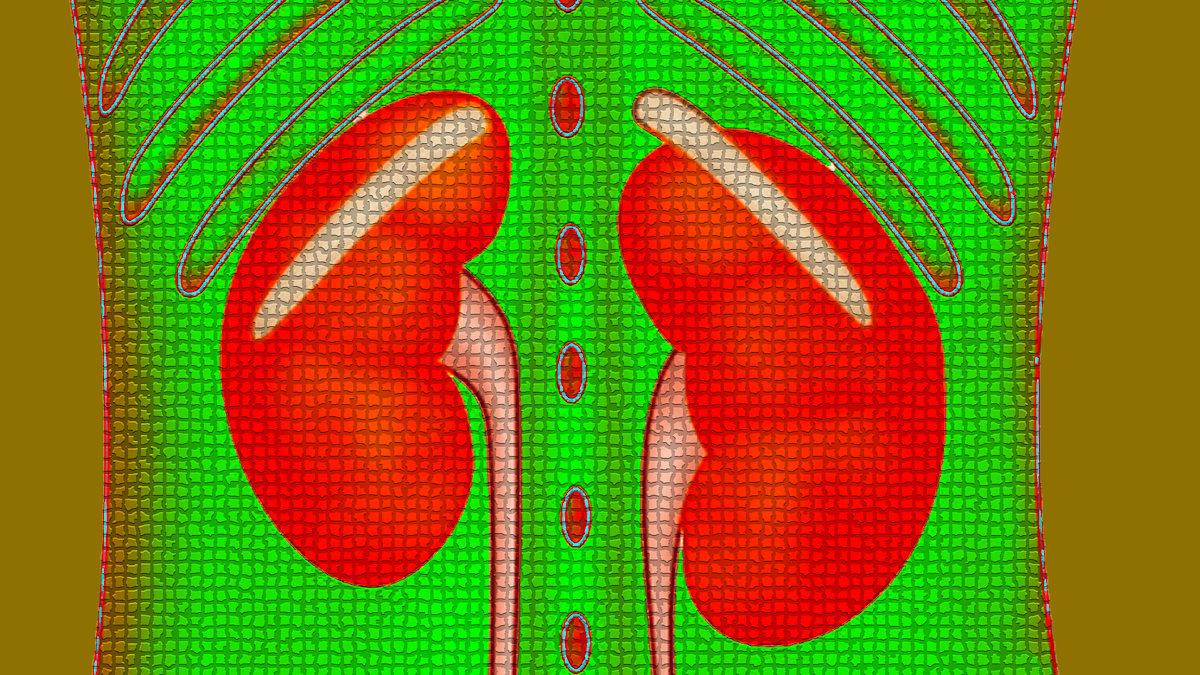FDA advisors unconvinced by Reata's kidney disease drug

An FDA advisory committee has delivered a blow to Reata Pharma, after voting unanimously that the drugmaker's data on bardoxolone – a drug for kidney disease – did not show it is effective.
Reata is seeking approval from the US regulator for bardoxolone as a treatment for CKD caused by Alport syndrome, a rare genetic disease, after earlier clinical trial failures with the drug in CKD and diabetic kidney disease.
In a statement, the company said that the FDA advisory committee "voted no on the question of whether the provided evidence demonstrated that bardoxolone is effective in slowing the progression of CKD in patients with Alport syndrome and that its benefits outweigh its risks."
Trading in Reata's shares was halted ahead of the meeting, but the stock was down 38% pre-market this morning.
Advisors also had some concerns about the safety of the drug and the design of the pivotal trial used to support the marketing application.
The news is also a massive disappointment to patients and their carers, as there are currently no FDA-approved therapies for Alport syndrome, which affects approximately 30,000 to 60,000 people in the US. In severe firms, the disease leads to progressive kidney damage with patients often needing dialysis.
Reata chief executive Warren Huff said the company still believes "the scientific evidence supports bardoxolone approval in the US," adding the it will "work with the FDA to answer any questions they may have."
The FDA isn't bound to follow the advice of its expert advisors, but generally does so. It is scheduled to deliver a decision on its review of bardoxolone by 25 February next year.
In the phase 3 CARDINAL trial that underpinned Reata's filing for bardoxolone, the drug met its primary objectives of improving estimated glomerular filtration rate (eGFR), a marker for kidney function.
However, in briefing documents filed ahead of the advisory committee meeting the FDA reviewer expressed doubts about the clinical significant of the data and whether it truly showed a slowing in the progression of kidney disease.
Bardoxolone was formerly partnered with AbbVie, but the big pharma handed back rights to the Nrf2 activator after it failed a phase 3 study in CKD, along with other Nrf2 candidates including follow-up omaveloxolone, which is now in a pivotal trial for rare disease Friedreich's ataxia.
The drug is also in clinical trials for other kidney disease indications, including autosomal dominant polycystic kidney disease (ADPKD), IgA nephropathy and focal segmental glomerulosclerosis, as well as type 1 diabetes.













